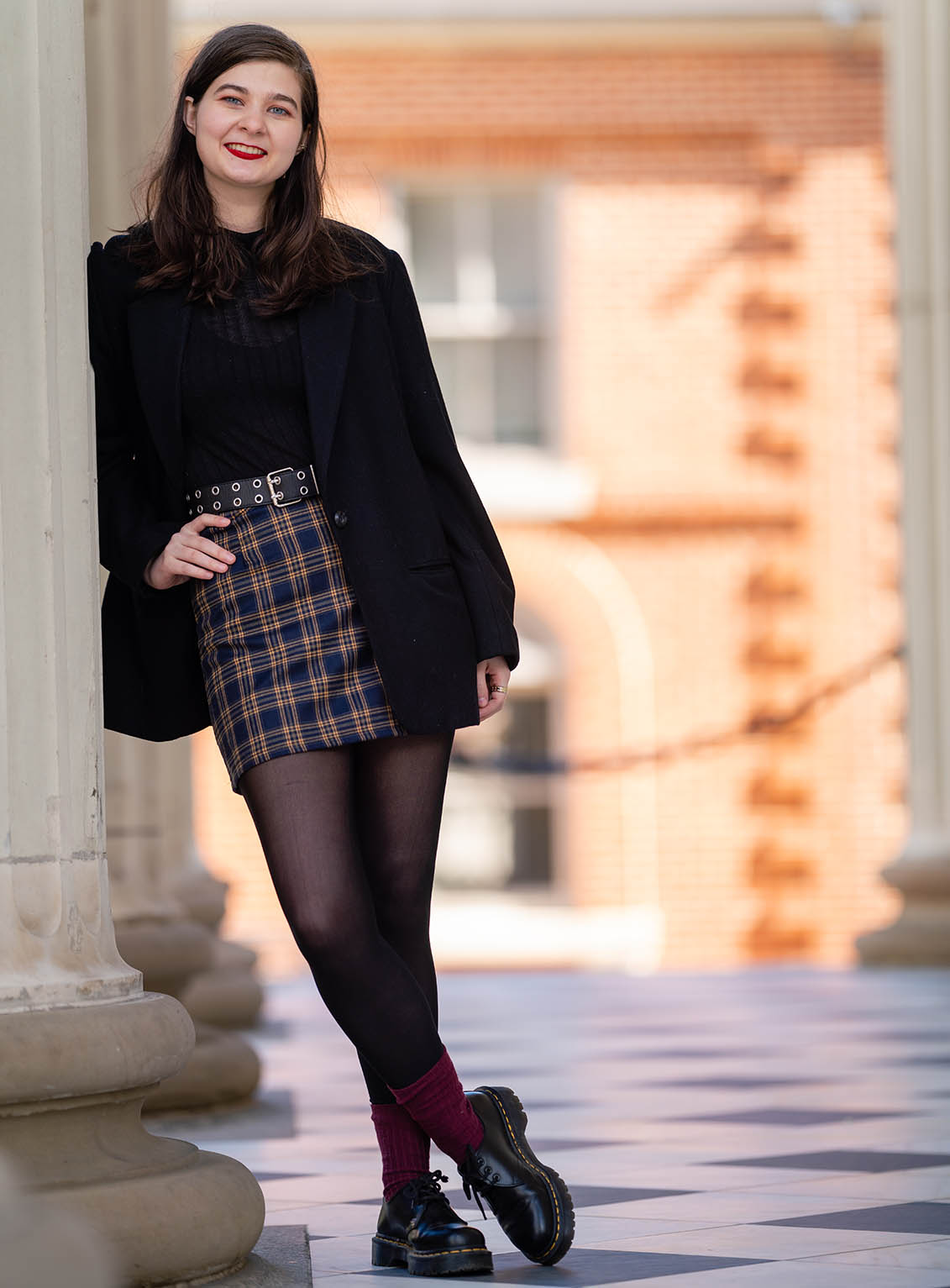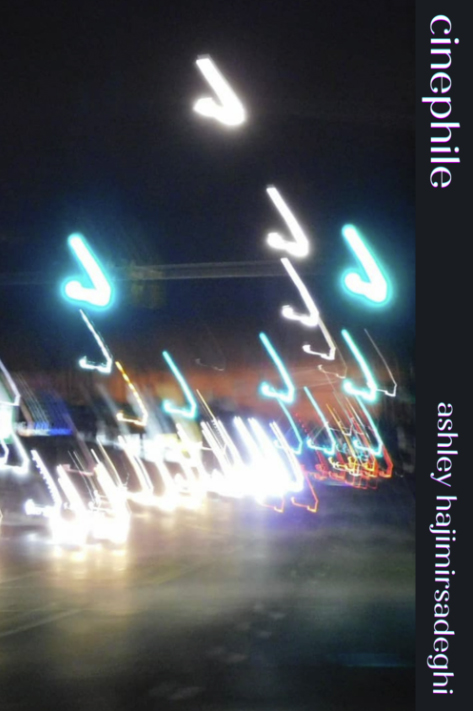
You have received three separate fellowships from the U.S. State Department to study international languages and cultures, including one to study writing with college students from India and Pakistan. What did you learn?
I didn’t know anything about South Asia. During the partition of India in 1947, 15 million people were displaced, and many died. The first written accounts were all by men. It wasn’t until the 1990s that a woman published an account of her experience. After I finished the writing program, I thought, I should be looking at other parts of the world.
You’ve received a prestigious and competitive Critical Language Scholarship for Bangla (Bengali) this summer. What’s involved?

Our cohort will be studying virtually with the American Institute of Indian Studies in Kolkata, India. It’s 20 hours a week, with language instruction and cultural field trips via Zoom, and we will have local language partners. I applied for the program with the intent of using Bangla to help advocate for women’s rights in the garment factories of Bangladesh. When I first came to FIT, I hadn’t considered the ethics of the fashion industry. It’s sad that women around the world suffer while producing our clothes.
How does your interest in language and culture relate to business?
I was always interested in the international aspect of the major. Trade relates to cultural exchanges. Through things like fashion, film, and literature, we can build relationships.
What’s an example?
In my Politics and the Middle East class, I learned about the Arab Food Festival in Israel. Traditional Palestinian and Arab peasant cuisines were dying out, so they started the fair to revive them. Israelis came to the festival and began building relationships with the people who were presenting the food. Like fashion and film, food brings people together regardless of their background.
How do you plan to use your interest in international cultures professionally?
I want to get my Ph.D. in anthropology. Through poetry, writing, film, and photography, I want to document the living history happening right in front of us. When I saw FIT’s Black in Time exhibition last year, there were garments, videos, and recordings blasting down on you; it was so much more than just a textile on the wall with some text.
You’re the literary director for The Young Writers Initiative, which offers free editorial services to writers under 25, and you’re the co-editor in chief of the TYWI’s literary journal, Juven. Where can we read your own work?
My first poetry chapbook, Cartography of Trauma, is coming out this summer from dancing girl press, which is dedicated to women writers. One poem I’m particularly proud of, “Homebound,” was nominated for Best of the Net 2020. It’s about two neighbors, one Japanese, one white. It’s about finding where home is for yourself.
Top Photo: André Chung